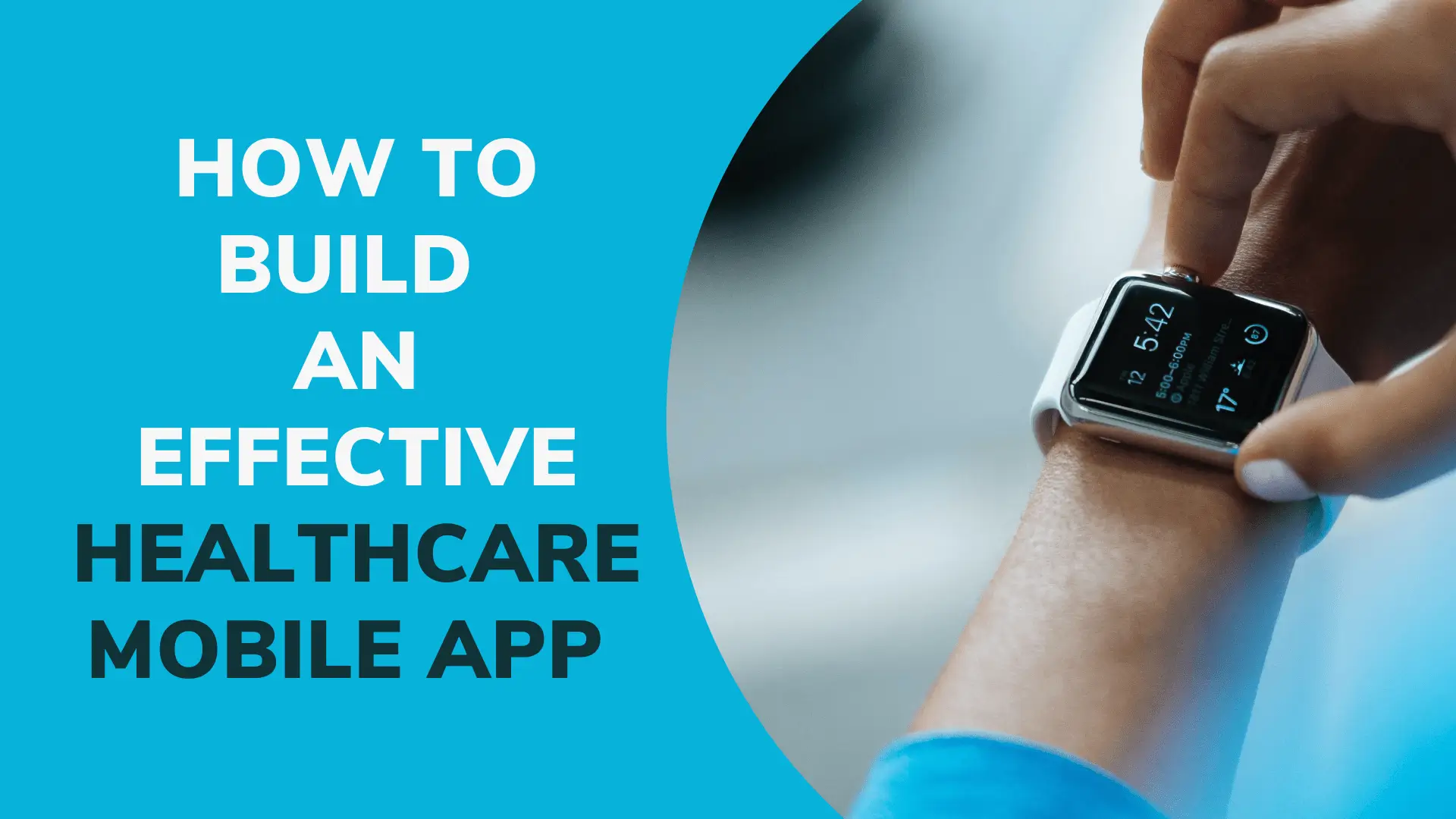The Healthcare industry is evolving, and new technologies are emerging.
Healthcare mobile apps will be helpful to monitor our health status and keep us in check.
The advantage of using medical apps is that customers can get access to more health professionals and doctors. In addition, with the help of medical apps, users will keep their body health in check.
Everyone who has access to the internet can get professional care through medical apps.
Through medical care apps, you get access to healthcare standing in any corner of the world. There is the internet.
So healthcare apps save your time and energy, and they could be cheaper also.
So I hope you understand why it’s pretty awesome to develop a health care app right now.
There are apps like medici that can make it easier for you to text and send video and get consultation through a certified doctor.
So technology has taken a new direction, and now everything is available on the tip of your finger.
So we all know everything starts with perfectly organized planning and setting up the goals for the app. So I will give all details about building a practical healthcare application; stay tuned, guys.
1.Decide on the type of healthcare for mobile app development
So deciding upon where your app belongs in the healthcare space is very important. Consider the benefits your app can provide to a customer and what kinds of services your app can provide. Which is the most demanding and unattended need, and solving the problem with your app in the e- healthcare space will grow your business and make it successful.
Here are some various online healthcare services that are available right now.
- Online consultation with expert doctors.
- Medication reminder.
- 24*7 chatbot services.
Hurling through all the ideas in your head will help you understand which kind of app you want in this particular field.
To make it a little more crystal clear, why don’t we go through the types of e-healthcare apps most used in the market are Consultation and Patient care apps. It allows people to contact doctors and book online consultations to check their health conditions and symptoms.
2.Choose Which Functions Are Practical For The Target Audience
Customers like transparency. e-Healthcare space is a big market, and several apps are launched that has become a big success. What makes your app different from these apps? Understand your competition, and most importantly, do not forget to brainstorm ideas about what kind of functions your app needs.
For example, a health care app requires the following positions:
- Progress tracking
- Chatting or video/voice calling with the doctor and patient
- An online store that is integrated with the app for buying the prescribed drugs.
- An activity feed
- Track records of medicines and consultations.
( Read – To Boost Your Mobile App Engagement And User Retention )
3. Privacy Policies And Guidelines For The Protection Of Personal Data
Protection of personal information is significant when it comes to health care apps.
The app must be certified under HIPAA, aka the health insurance portability and accountability act, before it comes to the market.
Don’t forget to take extra safety precautions like two-factor authentication, user passwords, fixing bugs regularly, upgrading the app thoroughly, etc.
And if the app fails to keep digital privacy and security, it will go under severe legal issues and be immediately banned from the play store. You don’t want that to happen, do you?
4. Ease Of Access Through The Perfect Ui/Ux Design
The app has to be user-friendly, Considering the age and other factors.
So when designing the UI/UX, make sure you understand the importance of creating a consistent and effective health care app.
Here is some advice to consider for designing the UI/UX;
- Consistency is the key.
- Understands which part of the app the user is finding hard to cooperate.
- Don’t make the patient confused, and a straightforward and uncomplicated design is a must.
- A library consisting of the patient’s previous records is relevant so that the user doesn’t have to type the information t again and again before consulting a doctor.
- Update the UI at regular intervals.
5.Choose The Platforms And Device
After deciding the essential functions, features, Ui/Ux designs, and guidelines lines to protect your app, choosing the platform and devices where your app will be accessible in time. Android and IOS are two platforms available for mobile devices right now.
To have exposure to the maximum of your target audience, it will benefit more to develop an available application for both platforms.
Although building an application can be confusing, considering the vulnerability of your target audience, it is better to develop a native app instead of a Hybrid application or PWA.
6. Decide The Best Way To Code
Choose the best development team to build your app. Unfortunately, not everyone is skilled and experienced enough to create a practical health care application. Building a code using React native or flutter can be the best choice.
React native helps you develop code for both platforms. So to build a user-friendly app with excellent code ready to deploy to the server, it is most important to have a team full of skilled developers ready to meet your requirements.
7. Decide Upon Cost-effective Options
What kind of costs will come into play for building a cost-effective health care application? here are some essential points to consider;
- prices for developing a code for Android and iOS
- Cost of server
- Cost of storage
- Price for push notifications.
- Price for the Development tools
- And cost other libraries and tools
After considering all the key factors, you can figure out a budget to start planning to cut down some irrelevant costs.


